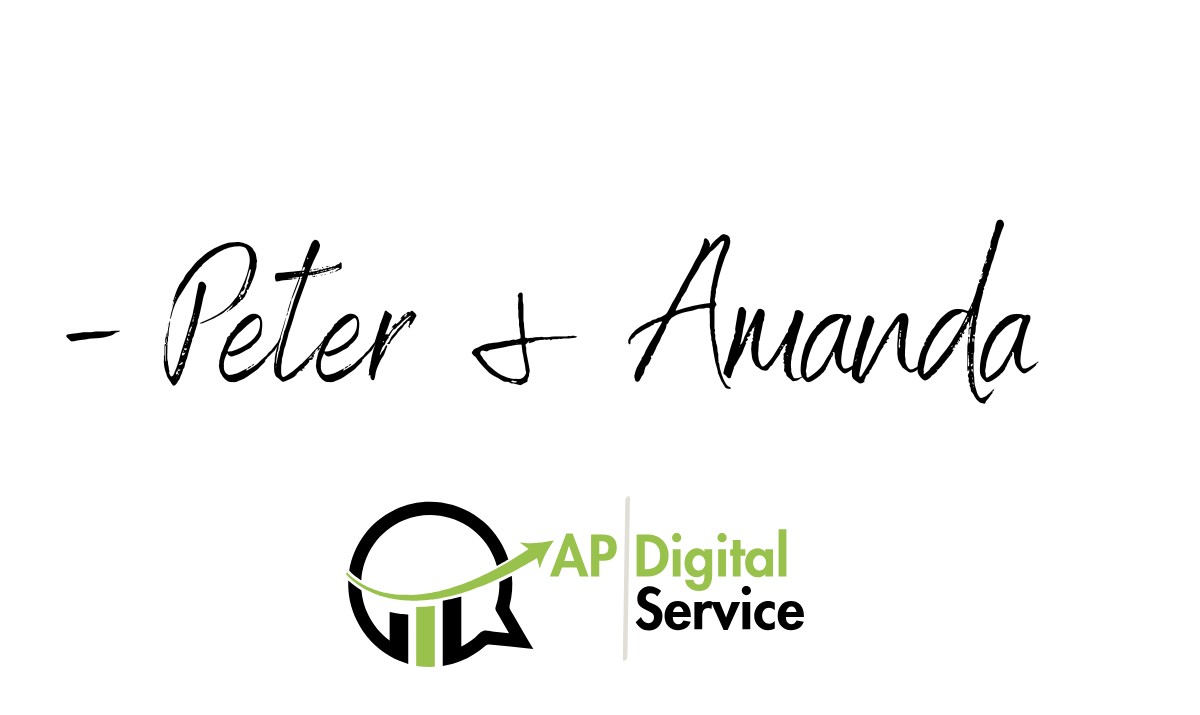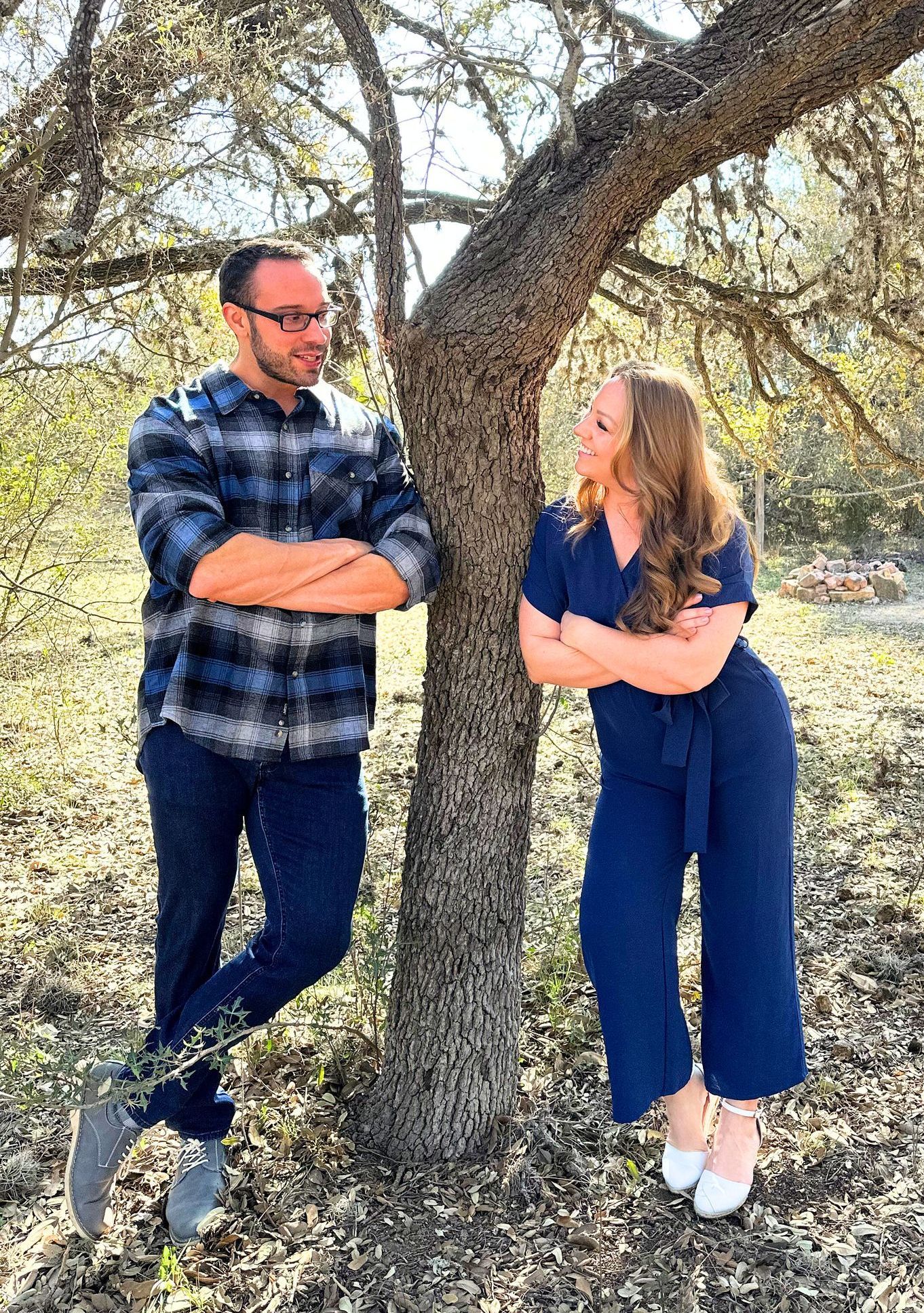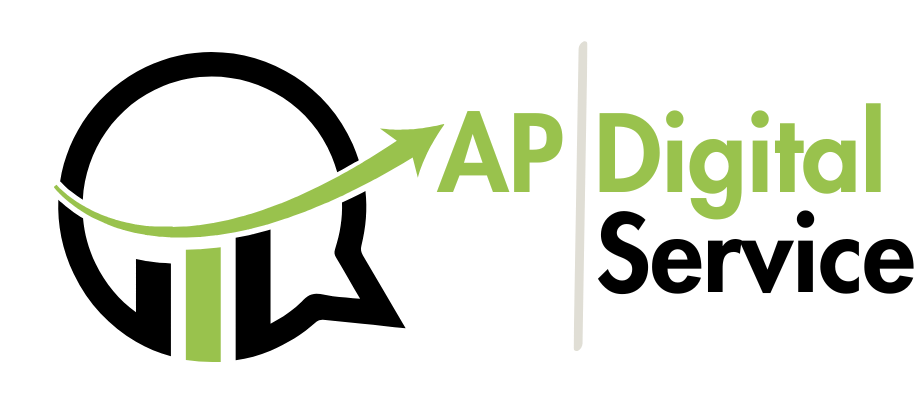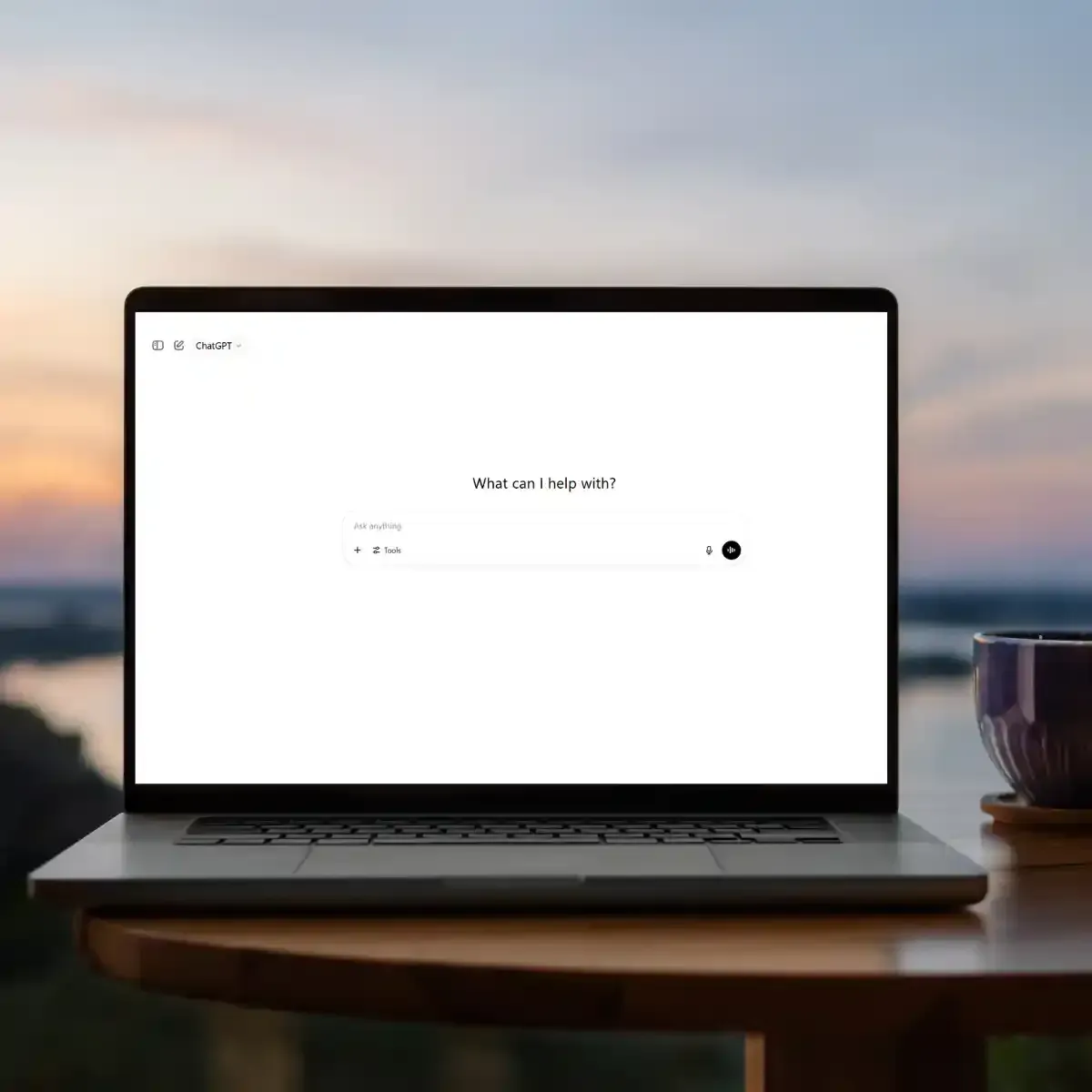The SEO Shift That Brought in 5 High Ticket Clients Without Launching
TL;DR:
- A new website plus SEO and GSO optimization created a 24/7 client-acquisition funnel for our client.
- Five high ticket clients signed within six weeks, without a launch or daily social posting.
- A content strategy rooted in pain points and target audience search queries proved more effective than posting and engaging on social media.

Why This SEO Shift Matters for Digital Marketing and Business Growth
Before working with us, our client, a career coach and content creator, relied entirely on LinkedIn to attract new clients. It worked, but at a cost: daily content, hours of engagement, and constant hustle.
After launching an SEO and GSO-optimized website, he landed five high-ticket clients in just six weeks, totalling $20,500 in new revenue… without launching, emailing his list, or creating a new course.
Here’s how we did it.
What Is the SEO Shift That Brought in 5 High Ticket Clients Without Launching?
The SEO shift that brought in 5 high ticket clients without launching is about rethinking what your website can do. Instead of acting like a digital business card, your site becomes a 24/7 client acquisition system that attracts high paying clients without launches, ads, or daily posting.
We used this exact strategy with one of our clients, a career coach and content creator who was relying entirely on LinkedIn to build his existing client base. He was consistent, but the process was draining and he was having trouble scaling it further to increase high ticket sales. After we built him an SEO and GSO-optimized website, things changed quickly.
Here’s what we did:
- Optimized his homepage and coaching service page with keywords his ideal clients actually search for (like “career transition coach” and “career coaching for senior-level professionals”).
- Leveraged lead magnets and clear CTAs to guide visitors into his funnel, without needing a webinar or launch.
- Published blog posts in his voice that answered key questions and included personal insights, success stories, and client wins.
- Structured every piece of content for both search engines and AI tools, so it could show up in Google, Perplexity, and Bing Copilot.
The result? Five high-ticket clients in just six weeks, adding over $20K in revenue, all without launching or promoting new services.


This SEO shift combines:
- Traditional SEO: To help the site rank for high-intent keywords
- Generative Search Optimization (GSO): To make content discoverable and quotable by tools like Google SGE
Most importantly, this approach didn’t just increase traffic. It brought in ready-to-buy, ideal clients who were already searching for what he offers.
That’s the real power of the shift,
from chasing leads to attracting them.
How to Attract High-Ticket Clients Using Content Marketing, SEO, & GSO
1. Understand High-Ticket Clients and Their Pain Points
High ticket clients:
- Pay for results, not hours
- Are usually key decision makers
- Value clarity, outcomes, and efficiency
Your job is to show them you understand their business goals, pain points, and desired outcomes.
We built our client’s homepage and coaching page as sales funnels optimized for the keywords his
ideal clients search when considering career coaching. These pages
guide visitors toward lead magnets and applications to work with our career coaching client.
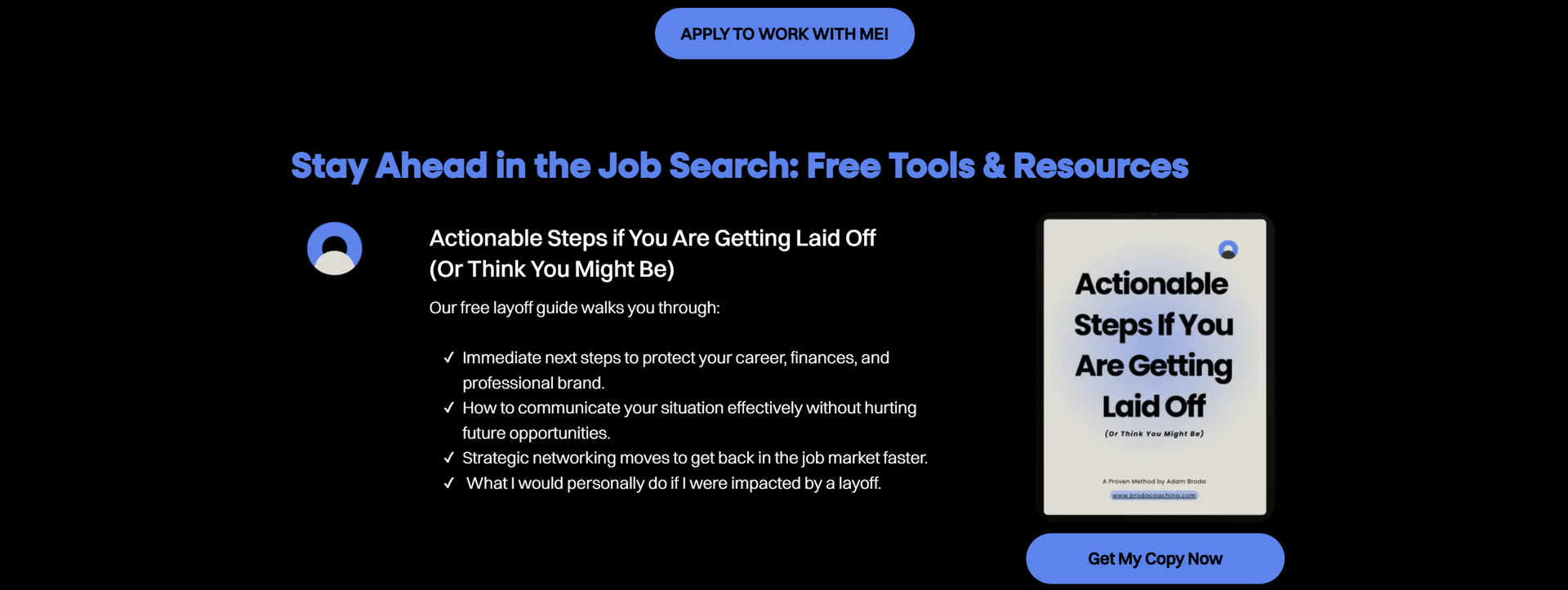
2. Build Authority Through Long-Form Content Creation
If your content isn’t answering real questions your ideal clients are typing into search engines, it’s not helping you to get more clients.
That’s the core of how we helped our client shift from daily LinkedIn posting and hours of engagement to letting his content bring in his target audience.
Here’s what worked:
Focus on Search-Driven Content
We started by identifying questions his high-ticket clients were already searching in Google, Bing Copilot, and Perplexity. These included:
- “How to build a personal brand”
- “Best career coach for senior-level professionals”
- “How to find networking events as a senior-level professional”
- “The current state of the hiring market for senior-level professionals in 2025”
By structuring blog posts around these long-tail, high-intent queries, we attracted visitors already in research or buying mode.
Add Personal Results and Case Studies
Each blog didn’t just teach, it told a story.
We included:
- Real client results, including metrics like salary increases or job offers
- The coach’s personal experience transitioning careers in his 30s
- His unique coaching framework and what makes it different
This blend of education + personal narrative creates trust fast, and it’s exactly the kind of content that gets picked up by AI summaries in generative search.
Speak to Specific Pain Points
Generic blog posts like “Why Coaching Matters” don’t convert.
Our content answered the questions that stressed-out, high-achieving professionals were Googling late at night. Each post tackled one challenge, gave actionable insights, and then linked back to his service page or lead magnet.
This form of
search-first, story-backed content made cold outreach unnecessary. His blog became his best sales rep, working 24/7, scaling trust, and qualifying leads before they ever booked a call.

3. Don't Launch. Attract High-Ticket Clients
Our client was shocked. Just 45 days after we published his new SEO & GSO-optimized website, the first high-ticket client applied for coaching, without a launch, webinar, or announcement. Over the next five weeks, four more high-value clients signed on, all driven by organic traffic andintentional search engine optimization.
What Changed?
His homepage and coaching service page were designed as conversion funnels, not just informational pages.
Every call-to-action, from free resources to booking a sales call, was clear, direct, and tailored to the visitor’s stage in the buyer journey.
The blog answered specific search questions, built authority, and nurtured trust, doing the follow-up work automatically.
This approach allowed our client to stop relying solely on LinkedIn to generate revenue. Instead, his website became a repeatable, scalable client acquisition system.
Today, he still posts on LinkedIn, but his posts are focused on building brand equity and relationships rather than survival. His site captures leads and converts them without requiring him to hustle daily for visibility. He no longer has to choose between working on his business and working in it.
That’s the difference between a website that sits and a website that sells.
Cold Outreach vs Evergreen Content: What Actually Works?
Our career coaching client was curious about how evergreen content and cold outreach impact his sales process at one point. We figure you may be as well. While cold outreach and cold emailing have their place, they require:
- High personalization
- Constant list building
- Follow-up sequences
In contrast, an optimized website:
- Builds trust 24/7
- Speaks directly to potential clients
- Works whether you’re online or not
We recommend pairing outreach with evergreen content marketing for a full-funnel approach. The ideal approach is to
drive leads from outreach to evergreen content and the funnels of your website.


Using Google Ads and Ad Campaigns to Reach High-Value Clients
Running ad campaigns can be a quick way to bring in additional sales if the following is true:
- Your offer is tried and tested with a unique value proposition
- Your messaging has proven to create many organic conversions
- You know your target audience well and know how to build targeted ad campaigns
If you’re using Google Ads or Facebook Ads, make sure:
- Your ad campaigns match your website messaging
- You track conversion rates and ad spend using advanced analytics
- You offer valuable content and lead magnets, not just sales pitches
We’ve seen
ad campaigns fail simply because they direct traffic to generic, unoptimized homepages. When our clients want even more business growth and have proven offers and messaging that convert organically, we turn to ads.
Building Relationships Beyond Social Media
Social media is great for starting conversations, but it’s limited by space, algorithms, and short attention spans. That’s why your website needs to be the foundation of your relationship-building strategy.
Unlike social platforms, your homepage, service pages, and blog posts offer space for long-form content that solves real problems and answers multiple questions in one visit. This builds trust in a way a 90-second Reel or a single LinkedIn post simply can’t.
Evergreen content on your website:
- Demonstrates credibility by going deep into your process, results, and client outcomes
- Builds personal branding through thoughtful, story-rich content that reflects your voice and values
- Handles objections before a sales call ever happens, saving your sales team hours per lead
Your website becomes the place where potential clients do their due diligence and decide they’re ready.
Whether you’re networking in LinkedIn groups, Facebook groups, or at industry events, your site acts as the follow-up, the proof, and the invitation to take the next step.
If you're serious about attracting high-ticket clients, you need more than visibility. You need a
central hub that does the relationship-building for you.
This is the path that our career coaching client and many others have taken.

Measuring the Success of Your SEO and Content Strategy
It’s not enough to publish content; you need to know what’s working. That’s why we track key performance indicators for every client we work with, including our career coaching client who signed five high-ticket clients in just six weeks.
Here’s what we measure and why it matters:
- Website conversion rates – How many visitors are taking action? Whether it’s downloading a lead magnet, booking a call, or applying for coaching, this number tells us if the content is doing its job.
- Keyword rankings for high-intent searches – Are you showing up when your ideal clients are searching for solutions? We monitor these rankings weekly to ensure your content continues climbing in visibility.
- Application submissions and booked sales calls – These are the real indicators of business growth. We track how many leads your site is generating and how many are converting into actual calls and clients.
We share these metrics directly with our clients so they can see how the digital marketing strategy we implement is contributing to their revenue. For our career coach client, seeing the growth in organic traffic, page rankings, and applications helped build confidence in the strategy.
This isn’t guesswork. It’s a repeatable, data-backed approach that let's us do the following for you:
- Refine your offers and messaging over time
- Optimize existing content for better performance
- Identify which blog topics or pages are converting best
If you're not tracking these numbers, you're flying blind. But with the right strategy and support, your website can become a measurable growth engine for attracting high-value clients.

Real Client Results: The Power of GSO & SEO
Our career coaching client didn’t just save time, he saved energy, focus, and creative bandwidth.
Before working with us, he was in a constant cycle of posting on LinkedIn, checking DMs, responding to comments, and juggling sales calls, just to keep new leads coming in. While LinkedIn brought success, it demanded hours every day and didn’t scale well.
Once we launched his GSO-optimized website, everything changed.
In just six weeks, his new site:
- Converted warm, high-intent traffic into booked coaching applications
- Spoke directly to the pain points of mid-career professionals exploring major career changes
- Showcased his client results, coaching method, and personal experience in a way that built instant credibility
- Generated five new high-ticket clients, totalling $20,500 in revenue, without any new content launches, paid ads, or promotional blitzes
Most importantly, it gave him a sense of control.
Now, his website runs in the background, attracting ideal clients even while he’s offline or focused on delivery. His blog answers questions his audience is actively Googling. His homepage and coaching service page function as lead funnels.
Every piece of content is optimized not just for search engines, but for the AI tools (like Google SGE and Perplexity) his audience is starting to rely on.
This is what we mean when we say your website should be a working asset, not a placeholder.
GSO and SEO helped our client move from a content treadmill to a content engine. That’s not just a shift in tactics; it’s a shift in business model.

FAQs
What kind of content converts high-ticket clients?
Content that speaks directly to your audience’s pain points, includes real case studies, and answers high-intent search queries your target audience searches for. Long-form blog posts, optimized service pages, and lead magnets all play a role.
What’s the difference between SEO and GSO?
SEO targets search engines. GSO targets both search engines and AI-powered search tools. GSO content is written to be quotable, concise, and optimized for tools like Google SGE. In 2025, you need both SEO & GSO to be found.
How long does it take to see results?
We saw client results in 45 days, with more clients signing each week. Timing depends on keyword competition and content quality.
Can I still use social media?
Absolutely. Social media is a great top-of-funnel tool. But pairing it with an SEO & GSO-optimized website helps you diversify and build evergreen assets.
Final Thoughts: Start Attracting High-Ticket Clients Without Launching
You don’t need a big launch to land high-ticket clients. You also don't need to burn yourself out on social media. You need:
- A smart, optimized website
- A content strategy rooted in pain points and search intent
- The patience to let your funnel start working for you
If you’re tired of chasing leads and want to build a business that works while you're offline, this is your sign to make the shift.
